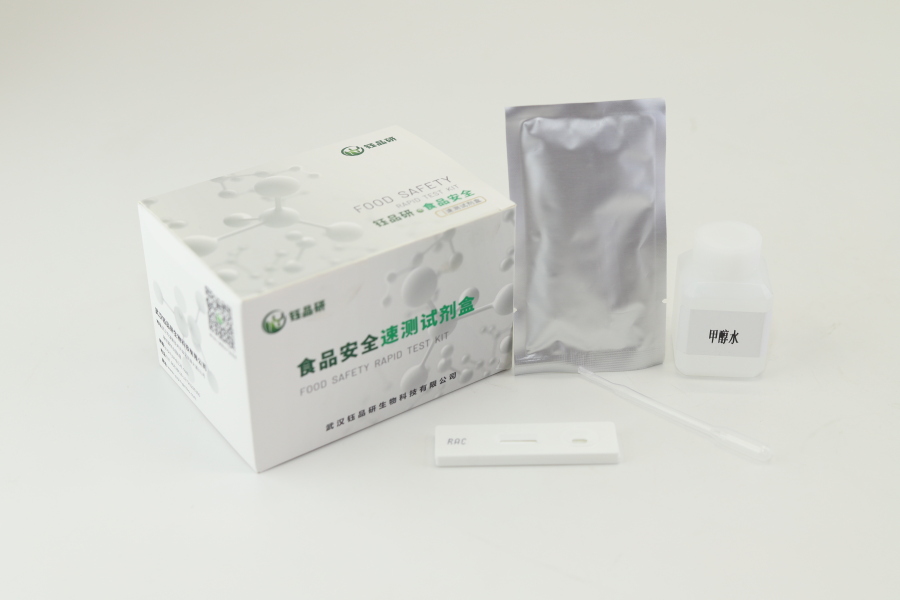
organophosphorus pesticides have been widely used in agricultural production due to their efficient insecticidal effect, but their residues also pose a potential threat to food safety. Triazophos, a common organophosphorus pesticide, is often used in pest control of many crops, but if its residues in food exceed the safe limit, it may have adverse effects on human health. Similarly, the residues of other organophosphorus pesticides such as phoxim have also attracted much attention, so it is crucial to establish rapid and accurate detection methods.
In the food safety supervision system, the detection of organophosphorus pesticide residues such as triazophos and phoxim is a key link to protect consumer health. Traditional detection methods such as gas chromatography and liquid chromatography have high accuracy, but the operation is complicated and time-consuming, making it difficult to meet the needs of on-site rapid screening. With the development of detection technology, rapid detection reagents are playing an increasingly important role in grass-roots detection and enterprise self-inspection due to their advantages of simple operation, rapid detection and low cost.
Wuhan Yupinyan Bio, as an enterprise focusing on the production of rapid detection reagents for food safety, has deeply realized the importance of organophosphorus pesticide residue detection. The relevant detection reagents developed by the company can conduct targeted and rapid screening of organophosphorus pesticide residues such as triazophos and phoxim in vegetables, fruits, grains and other agricultural products. These reagents are usually based on immunological or biochemical principles, and achieve qualitative or semi-quantitative detection of the target substance through specific reactions, which greatly shortens the detection time and provides strong technical support for food safety supervision.
For triazophos detection, the selection of appropriate detection reagents and methods is the premise to ensure the reliability of the results. Wuhan Yupinyan Biological's rapid detection reagents pay attention to the balance of sensitivity and specificity in the research and development process, and strive to ensure the accuracy of the test results while rapid detection. Users only need to follow the instructions for simple operation, and the test results can be obtained in a short time, which effectively improves the efficiency of pesticide residue screening and helps to detect and control food safety risks in a timely manner.
In addition to triazophos and phoxim, the organophosphorus pesticide family also includes a variety of compounds, and its detection needs are increasingly diverse. Wuhan Yupinyan Bio will continue to pay attention to market demand and technology development trends, and continuously optimize and expand the types and application scope of detection reagents to provide solutions for a wider range of organophosphorus pesticide residue detection. By strengthening the supervision of the whole process of agricultural products from field to table, and using rapid detection technology to build the first line of defense, it can effectively reduce the food safety risks caused by organophosphorus pesticide residues and ensure the safety of public diets.
In conclusion, the detection of organophosphorus pesticides such as triazophos is an important part of food safety work. With the help of rapid detection reagents provided by Wuhan Yupinyan Bio and other enterprises, efficient monitoring of pesticide residues can be achieved, contributing to the improvement of food safety level. In the future, with the continuous advancement of technology, food safety rapid detection technology will play a more important role in safeguarding public health.

